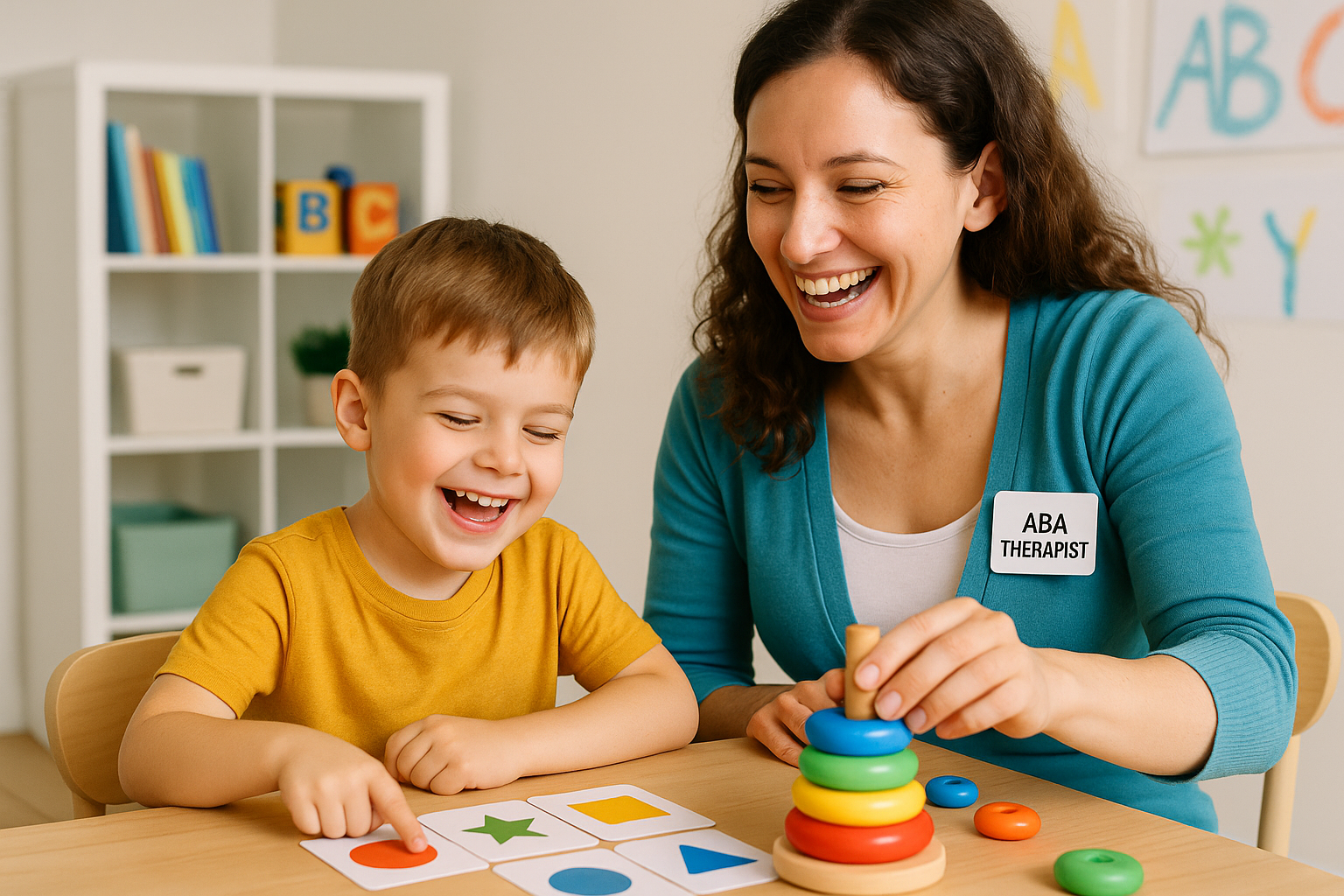What is ABA Therapy and How Does it Work?
Applied Behavior Analysis (ABA) therapy is a scientifically validated approach to understanding behavior and how it is affected by the environment. This therapy applies our understanding of how behavior works to real situations, with the goal of increasing helpful behaviors and decreasing those that may be harmful or affect learning.
Core Principles of ABA Therapy
ABA therapy is based on the science of learning and behavior. It focuses on how behavior works, how it is affected by the environment, and how learning takes place. The therapy applies this understanding to bring about meaningful and positive change in behavior.
Some of the key principles include:
- Positive reinforcement
- Antecedent-behavior-consequence connections
- Skill-building through systematic teaching
- Data-driven decision making
How ABA Therapy Helps Children with Autism
For children with autism spectrum disorder, ABA therapy can help develop a variety of skills, including:
- Communication and language
- Social skills and peer interactions
- Self-care and daily living skills
- Play and leisure skills
- Academic readiness
ABA therapy is highly individualized, with programs tailored to each child's specific needs, strengths, and family situation. Therapists work closely with parents and caregivers to ensure consistency across all environments.
The ABA Therapy Process
The ABA therapy process typically involves:
- Initial assessment and functional behavior analysis
- Development of individualized treatment goals
- Implementation of therapy sessions
- Ongoing data collection and analysis
- Regular program adjustments based on progress
- Parent/caregiver training
At Guiding Light ABA, our team of certified behavior analysts and registered behavior technicians work collaboratively to deliver high-quality ABA therapy services that help children reach their full potential.
